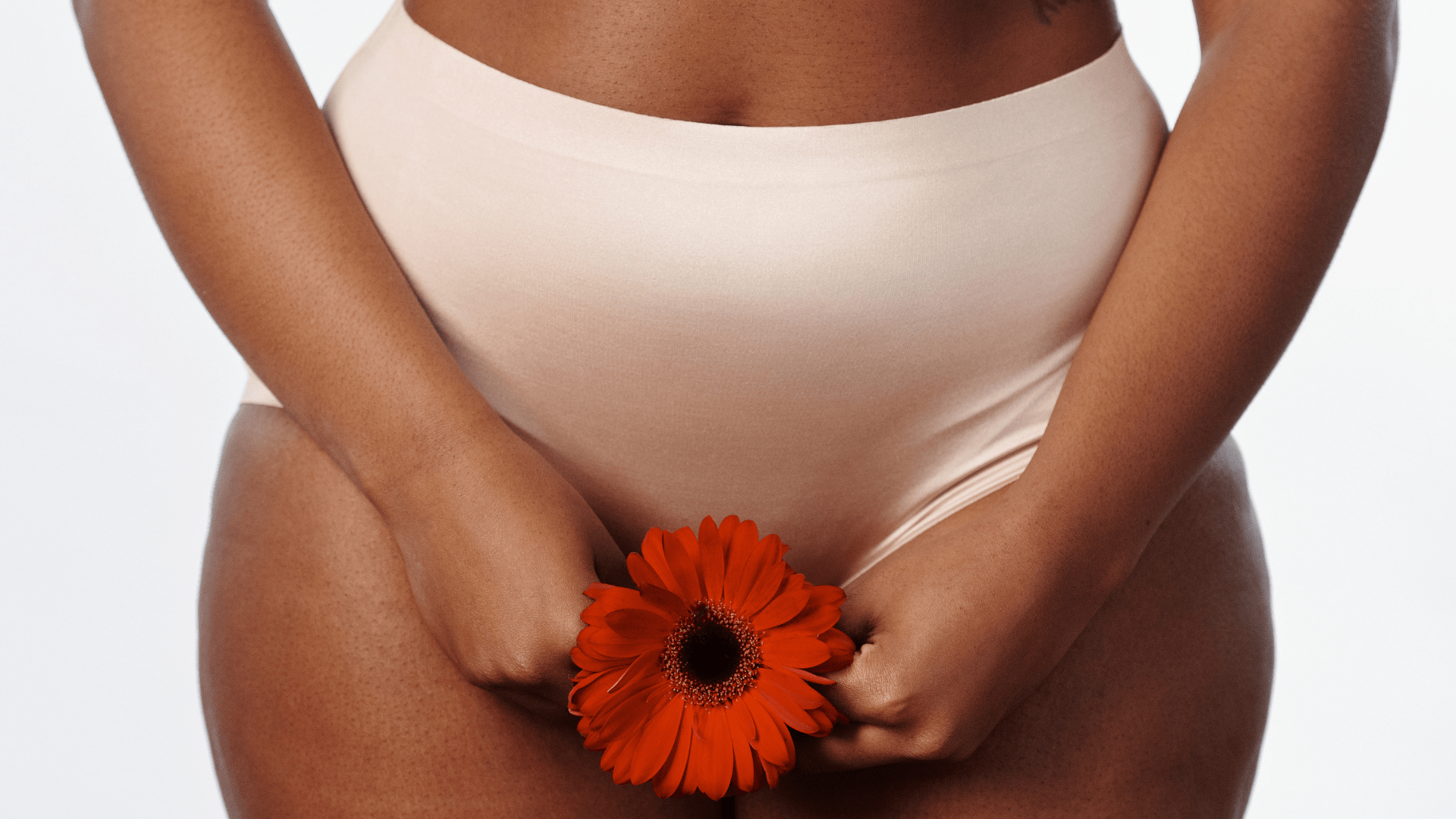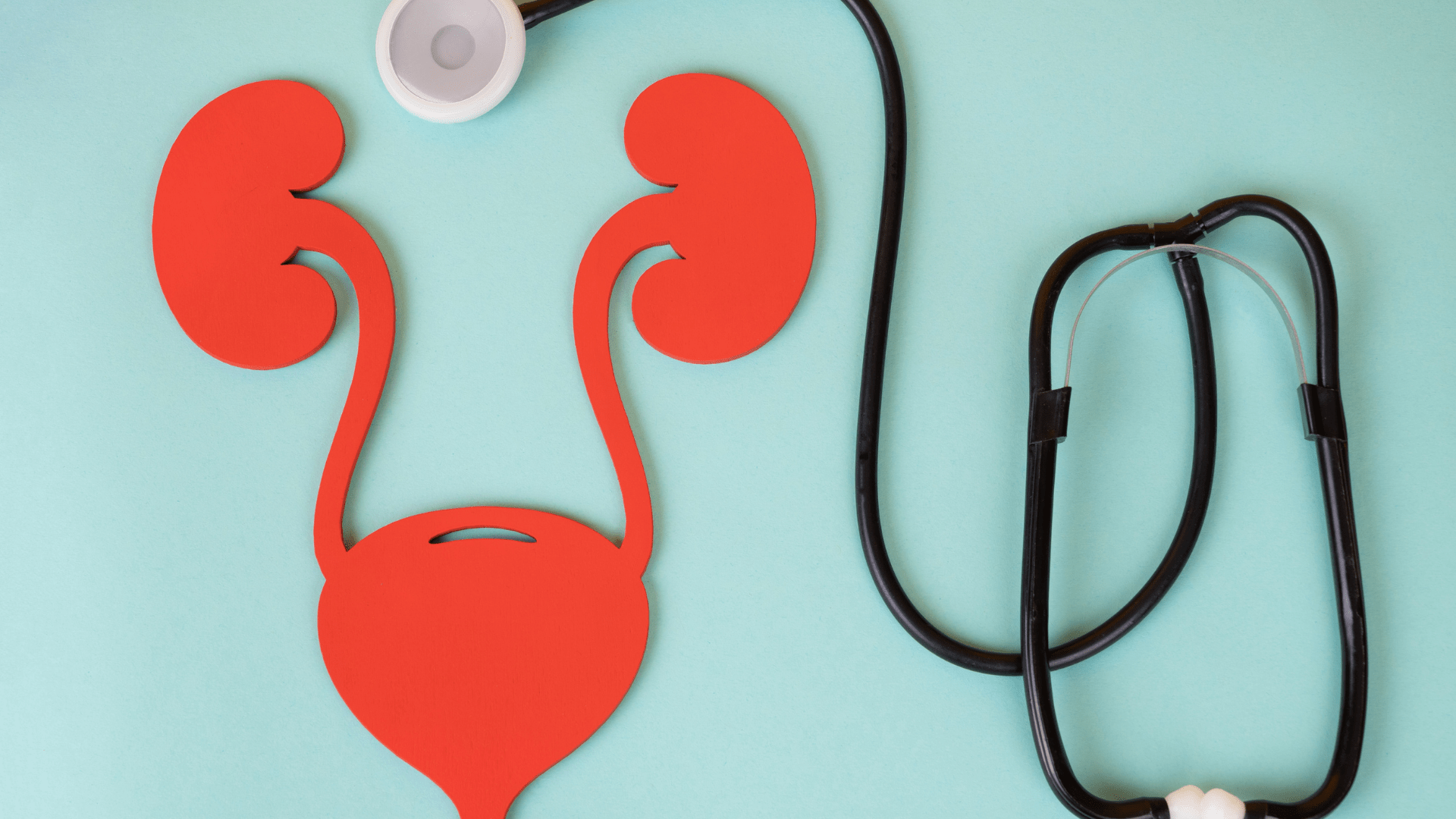If we’re being very realistic, most of us grew up learning about our vaginas the same way we learnt about sex – in whispers, awkwardly, from inaccurate sources, and definitely not in enough detail.
We were told wrong things like “scrub your vagina well”, “don’t sit on public toilets or you’ll get a toilet infection in your vagina”, or “use alum to tighten your vagina”, and that was the full curriculum.
No one told us the things that really matter, like the different types of vaginal discharge, what a normal vaginal smell is, or how to properly care for your vagina without actually causing harm.
So, this article is that vaginal class you should have had when you were younger, but since no one taught you properly, welcome to vaginal health 101 brought to you by Fertitude, where you learn accurate and medically backed info about your vagina.
1. Your Vagina Is Not the Whole Area Down There
One of the biggest misconceptions of all time is that everywhere down there is your vagina. When most people say “vagina”, what they are actually referring to is the vulva, the external parts. The difference is that the vagina is the internal muscular canal that leads to the cervix, while the vulva is everything else on the outside, including your labia (inner and outer lips), clitoris, urethral opening, and vaginal opening.
2. Your Vagina Is Self-Cleaning
Your vagina is a self-cleaning superstar organ. It has a natural ecosystem called the vaginal microbiome, which is made up of good bacteria, mostly Lactobacillus, that keep your vagina’s pH slightly acidic. These bacteria and the acidic nature of your vagina are like soldiers. They protect your vagina and keep the bad organisms away.
When you do unhealthy vaginal practices like inserting things like soaps, herbs, pearls, etc, into your vagina, you kill off the good bacteria and open the gates for bad organisms to invade and cause infections like bacterial vaginosis or yeast infections.
What you just need is to clean your vulva with mild soap and clean water. Avoid using scrubs, steams, pearls, and other DIY tricks on the internet to “tighten” your vagina; she doesn’t need tha\t.
3. Discharge Isn’t Dirty
Vaginal discharge is normal. It’s your body’s way of producing natural lubrication to keep your vaginal tissues healthy and prevent infections.
What you might not know is that your discharge speaks to you, and you need to know how to listen and decode it. Your discharge changes in colour and texture depending on the phase of your menstrual cycle:
- Right after your period, it might be light brown with a slightly dry texture.
- During your follicular phase, it can be clear, white, thin, watery, or a little stretchy.
- During ovulation, it is usually clear and looks like egg whites with a stretchy and slippery texture.
- During your luteal phase, it is creamy white or pale yellow and is thick.
However, if your discharge looks like cheese, is fishy or foul-smelling, comes with itching, or you notice blood in it, then it could be a sign of an infection like bacterial vaginosis, yeast infections, or even trichomoniasis, and you should see a doctor to check it out.
4. Hormones Influence Your Vagina
Hormones are tiny chemical messengers that control everything. Your vagina isn’t excluded and responds to changes in your hormones, especially oestrogen, throughout your life.
Oestrogen keeps your vaginal lining thick, elastic, and moist. When your oestrogen levels are low, like during perimenopause, menopause, after pregnancy, while breastfeeding, or if you’re using hormonal birth control or some antidepressants, it can lead to vaginal dryness, thinner vaginal walls, and discomfort.
5. Vaginal Health Also Involves Your Lifestyle
This is not talked about enough, but your lifestyle and habits can affect your vaginal health. Chronic or severe stress, smoking, alcohol, and a poor diet can affect your vaginal pH and your hormones.
Simple steps like staying hydrated, eating a balanced diet, and managing stress can make a huge difference in your vaginal health.
6. Sex and Your Vagina Are Deeply Connected
Beyond the pleasure, sex can also affect your vaginal health in the following ways:
- Semen can increase your vaginal pH and, in some women, can trigger infections like bacterial vaginosis.
- Jumping straight into penetrative sex without foreplay or using lubrication can cause pain and even micro tears in your vaginal walls.
7. Red Flags You Shouldn’t Ignore
If you experience any of these, please see a gynaecologist to get evaluated:
- Persistent itching or burning.
- Bleeding from your vagina when you’re not on your period.
- Abnormal vaginal discharge.
- Pain during sex.
Final Thoughts
Forget the myths, DIY tricks, and scary internet advice. Vaginal health is about listening to your body, practicing gentle care, and knowing when to see a professional.





